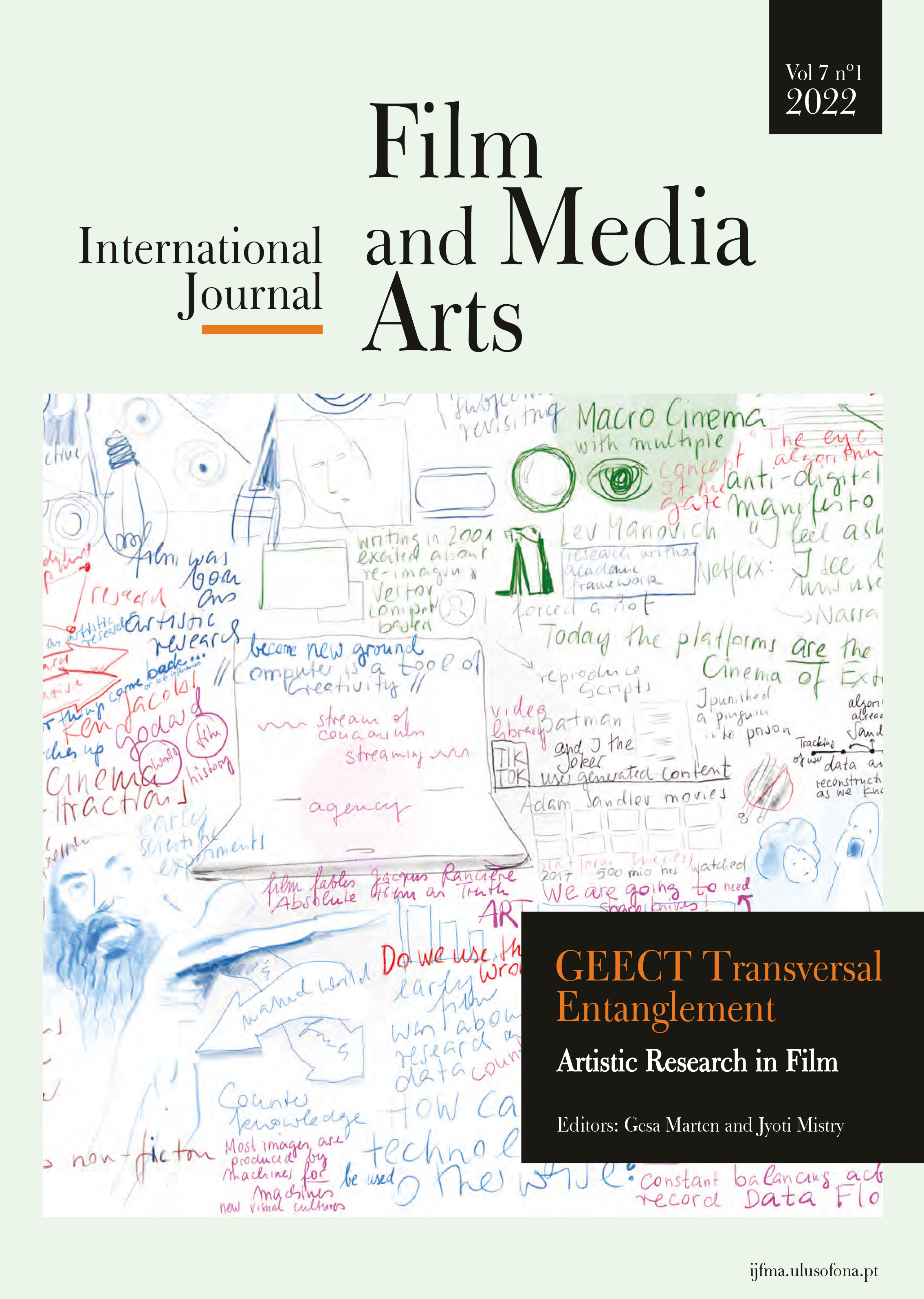Reenactment as Social Action: The Making of Encierro
Abstract
On 30 July 1984, 11 mercury miners locked down in the mines of Almadén (Ciudad Real, southern Spain) to protest against their precarious economic and social conditions. 650 meters deep inside the oldest and most productive mercury mines in world’s history, the miners endured the dark and contaminated galleries for 11 days and nights until their claims were addressed. As an emigrated local filmmaker, I come back to post-industrial Almadén in 2019 with the idea of making a documentary reenactment film about the mining strike. The premise is to find young locals willing to live inside the now-closed mines for 11 whole days to homage the old miners and recreate the experience of 1984, 35 years later. Apart from engaging our collective mining past, performing the form and duration of a previous workers strike, Encierro proposes the underground as a living and symbolic space to foster a series of conversations, encounters, and social and political propositions to reimagine Almadén, which rose from a mine shaft more than 2000 years ago, as ‘something else besides’ a mining town.
This article explores the potential of documentary film shooting to take on a different relationship to normal life than the same or similar events would have as “untransformed reality” (Goffman, 1974, p. 175) - a strike versus the reenactment of a strike – and its potential for activism and social transformation. I will also explore the use of the conditional tense in documentary; a speculative and hypothetical approach to reality sensitive to the ‘potentially’ real, the ‘possible’, and the ‘what if’ as modes of documentation. What happens when the forms of ‘documentary’ and ‘reenactment’ are exceeded, and act upon the world rather than only represent it?
Copyright (c) 2022 IJFMA

This work is licensed under a Creative Commons Attribution-NonCommercial 4.0 International License.











